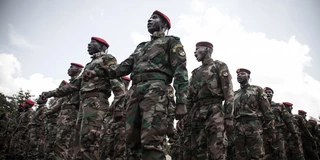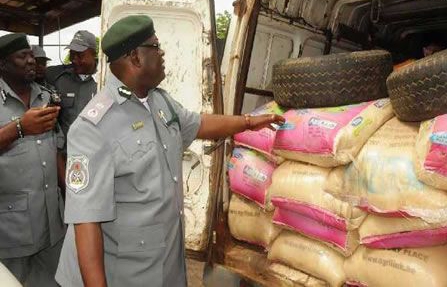On Tuesday the Taliban announced the first appointments to their interim cabinet, which will be led by Mullah Mohammad Hassan Akhund.

Hassan Akhund, interim prime minister 
The protesting women
But the composition of the government does not go down well with several people especially the Afghan women, who are outraged by what they termed hard-line Taliban government, made up of all male.
They thus took to the streets of Kabul and the north-eastern Afghan province of Badakhshan to protest for a second consecutive day, thereby posing an unfamiliar challenge to a movement that has never tackled peaceful demonstrations.
While officials of the Taliban’s newly restored Islamic Emirate of Afghanistan say they support freedom of speech and of media, Taliban fighters dispersed Wednesday’s protests using violence. Some women were reportedly beaten before the protests were dispersed.
Demonstrators insist they would not accept a government with no women ministers.
Local news organisation Etilaatroz said some of its journalists were detained and beaten for covering the rally.
The Taliban, who have not responded to the allegations, warned that such protests were illegal.
They have said protesters needed permission to march, and should not use what they called abusive language.
On Tuesday, three people were killed during a demonstration in the western city of Herat.
The EU said the Islamist group had reneged on promises to make their government “inclusive and representative”, while the US also expressed concern that the interim government includes figures linked to attacks on US forces.
Addressing reporters after a virtual meeting of 20 Western nations on Wednesday, US Secretary of State Antony Blinken said the Taliban’s government “certainly does not meet the test of inclusivity, and it includes people who have very challenging track records”.
“The Taliban seek international legitimacy and support – any legitimacy, any support, will have to be earned,” he said.
But China said on Wednesday that it welcomed the end of what it called “three weeks of anarchy” in Afghanistan, and pledged $31m (£22m) in immediate aid.
The formation of an interim government, China’s foreign ministry spokesman Wang Wenbin told reporters, is “a necessary step to restore order and rebuild the country”.
The anti-Taliban National Resistance Front of Afghanistan (NRF) have urged the international community not to recognise the new government, calling the cabinet “illegal” and “a clear sign of the group’s enmity with the Afghan people”.
The NRF, led by Ahmad Massoud, the son of the late resistance icon Ahmad Shah Massoud, have been fighting Taliban militants in the Panjshir Valley north of Kabul, which was Afghanistan’s last anti-Taliban stronghold.
The Taliban insist they have now defeated the NRF in Panjshir, but NRF leaders say they are still fighting.
Hassan Akhund, the man appointed prime minister, served as foreign minister, and then later deputy prime minister, when the Taliban last ruled Afghanistan from 1996 to 2001. Like many of the new cabinet ministers he is under UN sanctions for his position in that government.
Another incoming minister, Sirajuddin Haqqani, is head of the notorious Haqqani network.
Unlike the wider Taliban, the Haqqani network has been designated a foreign terrorist organisation by the US. It also maintains close ties to al-Qaeda.
The FBI says Haqqani was behind some of the deadliest attacks of the 20-year-long war, including a truck bomb explosion in Kabul in 2017 that killed more than 150 people.
He is wanted by the FBI over a 2008 attack on a hotel that killed an American.
How events unfold will be dependent on the kind of government foisted on Afghanistan by the conquerors.

